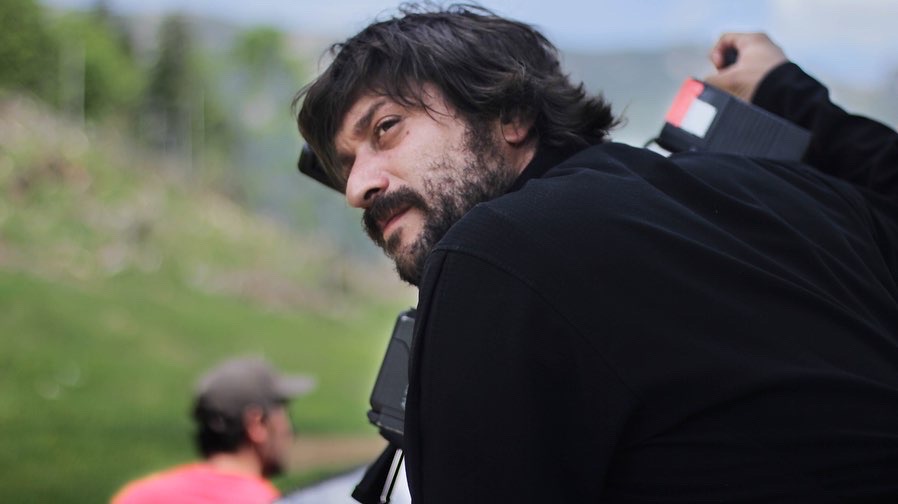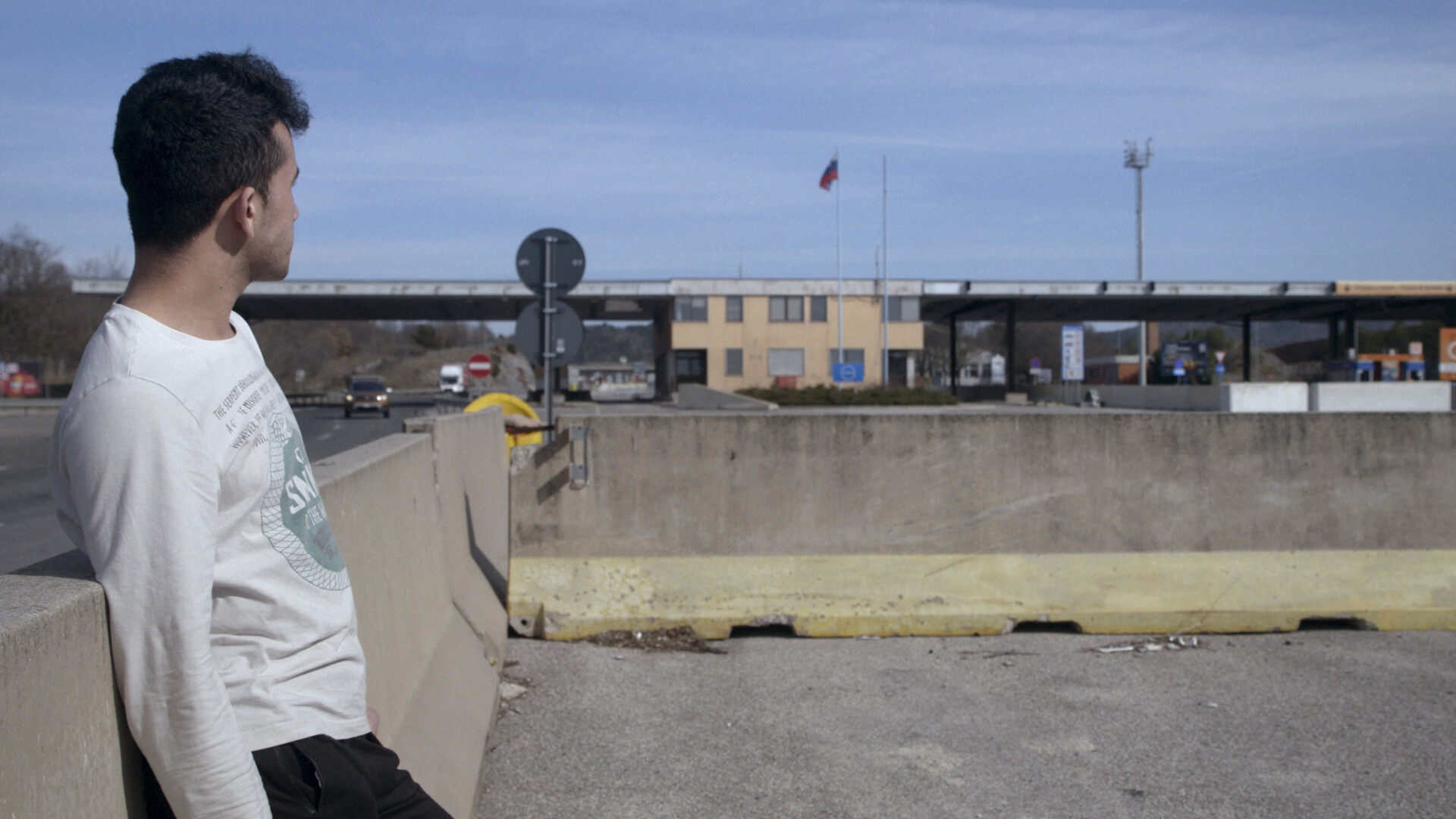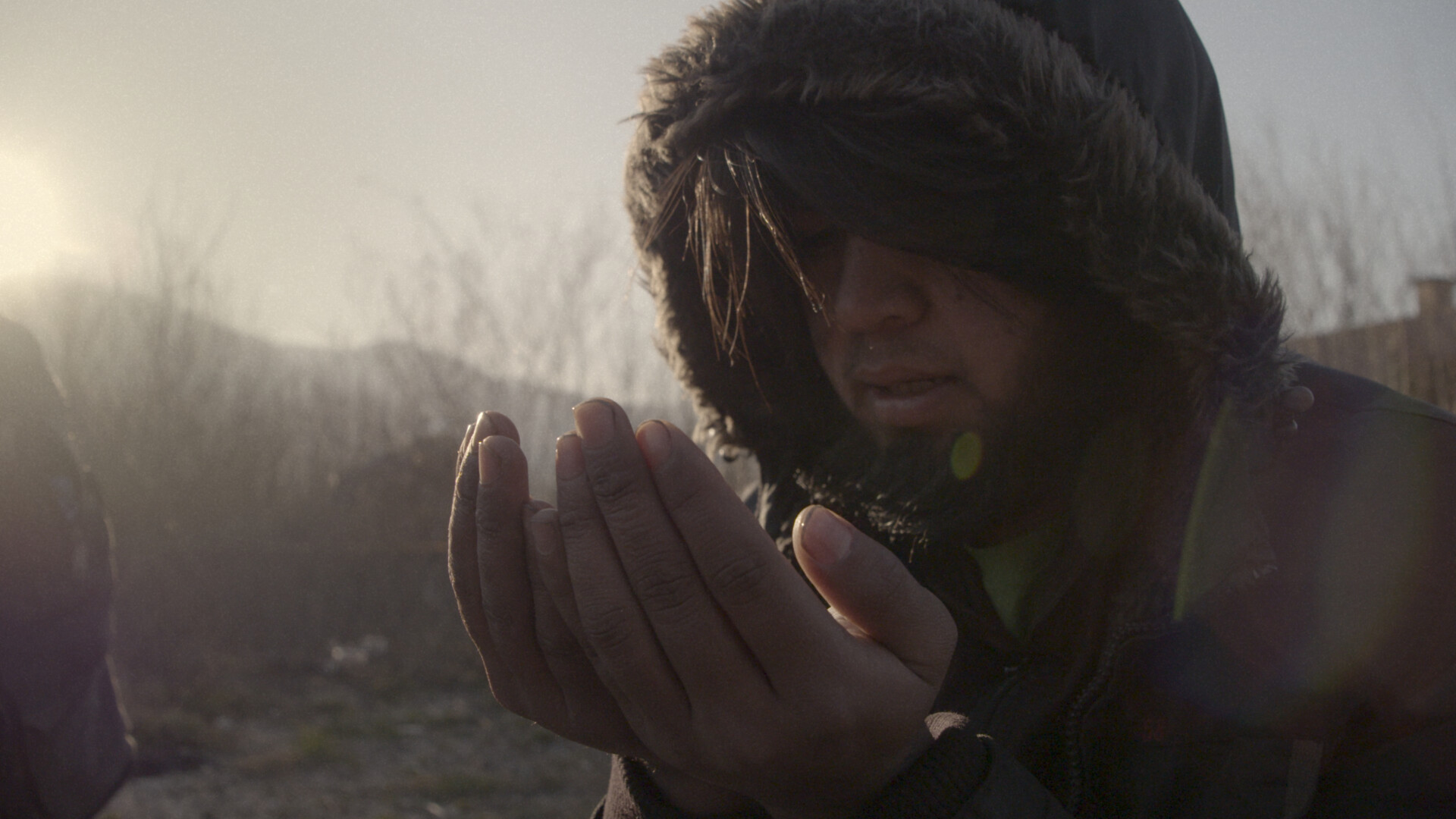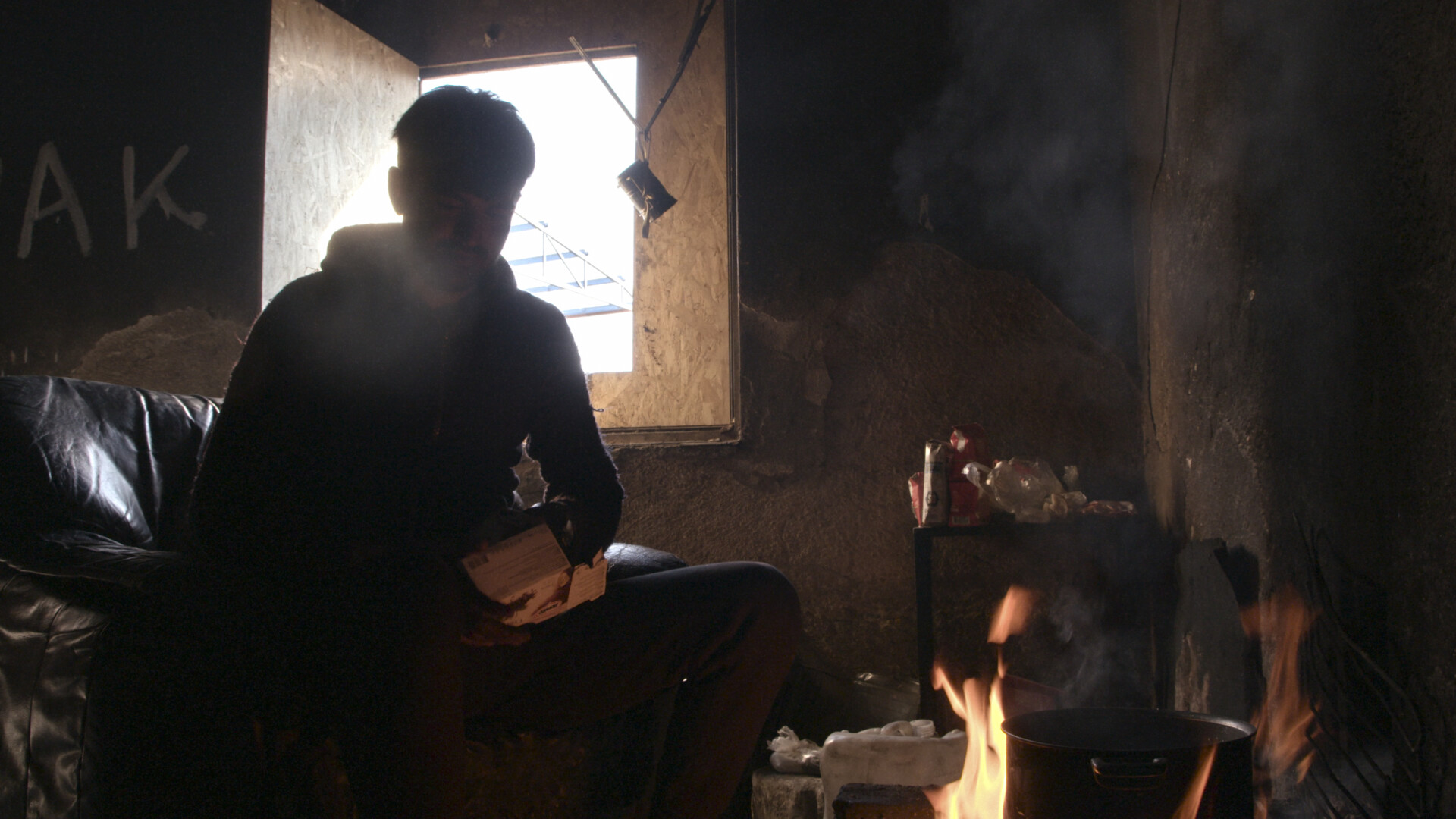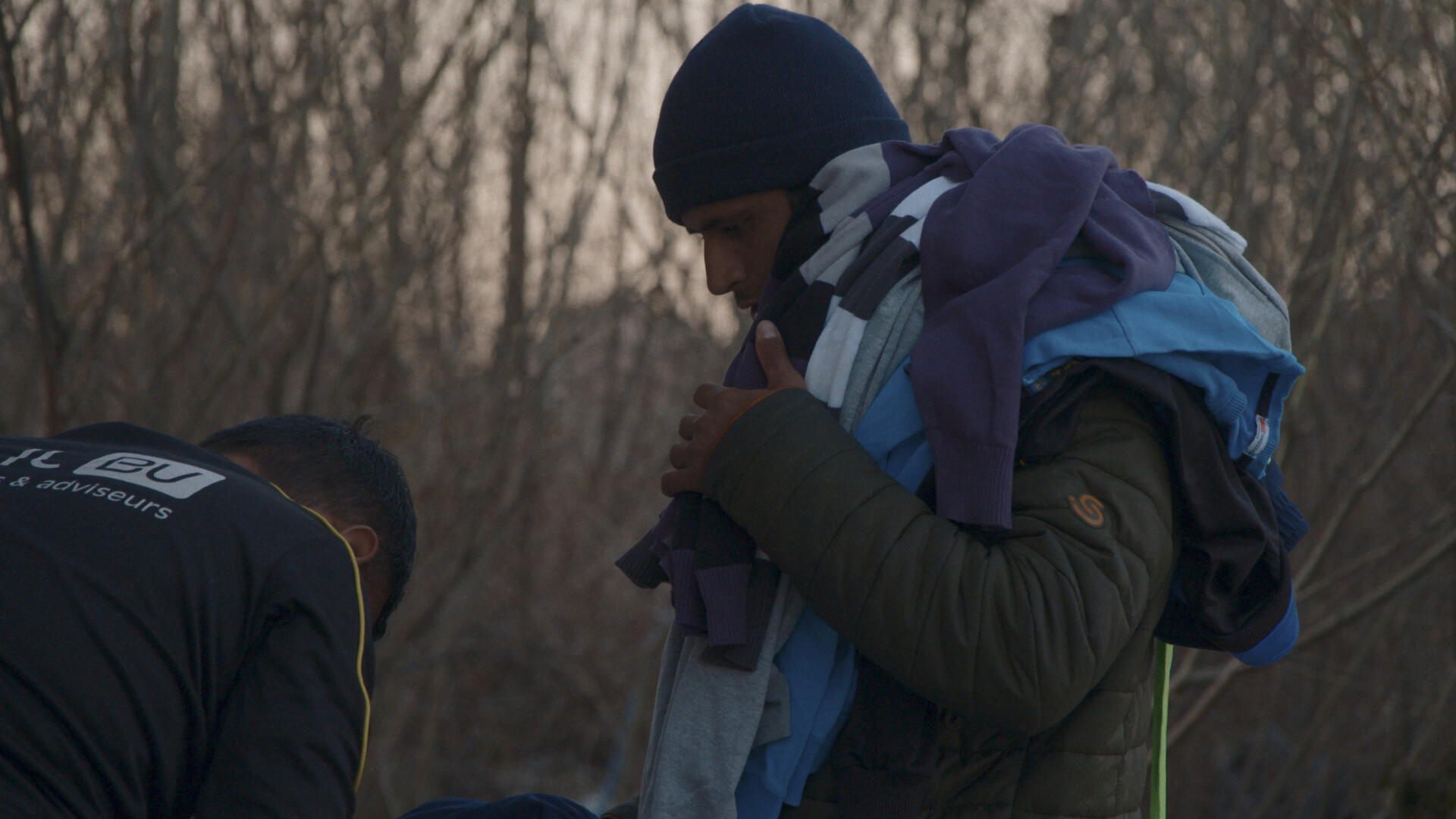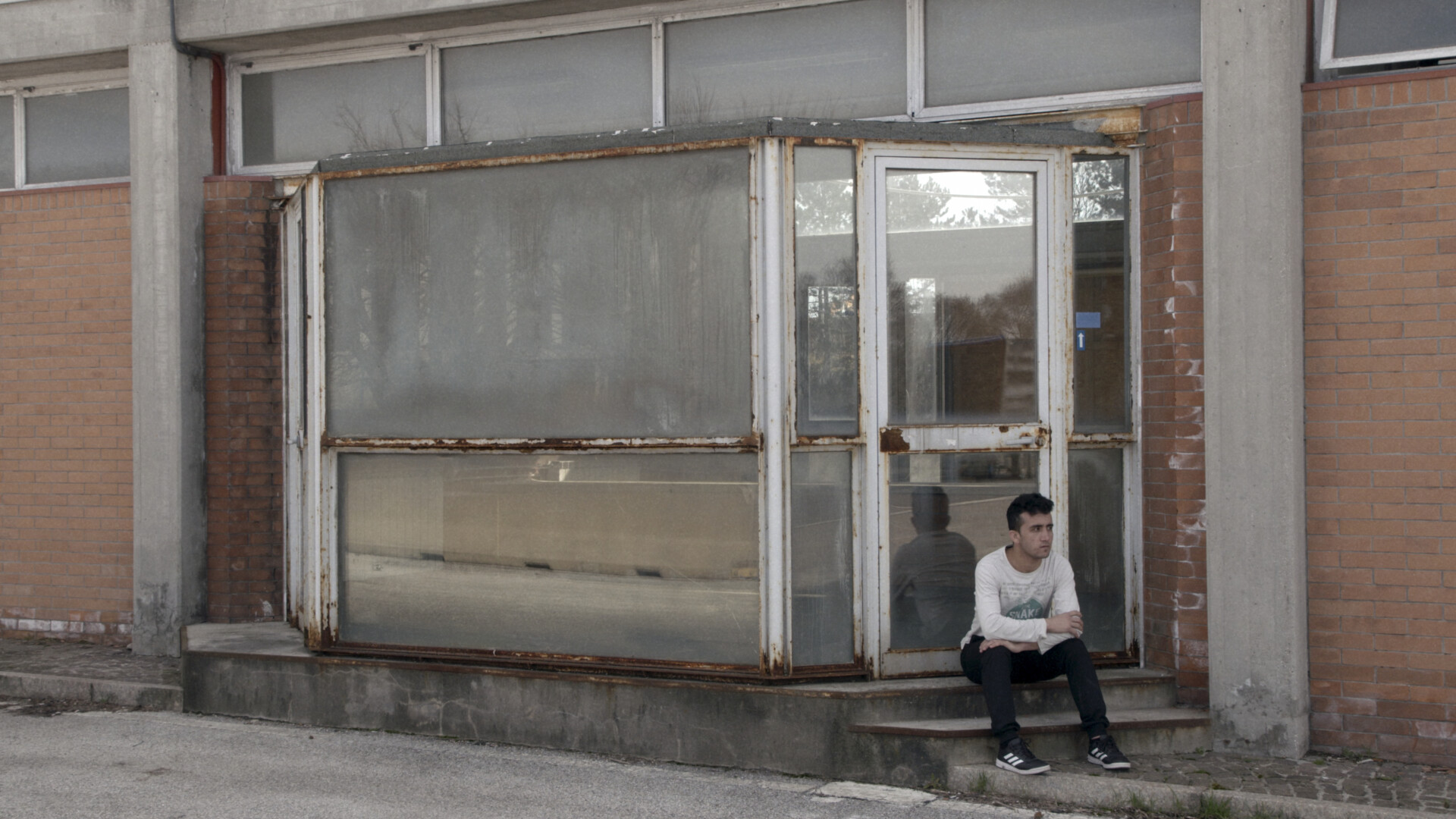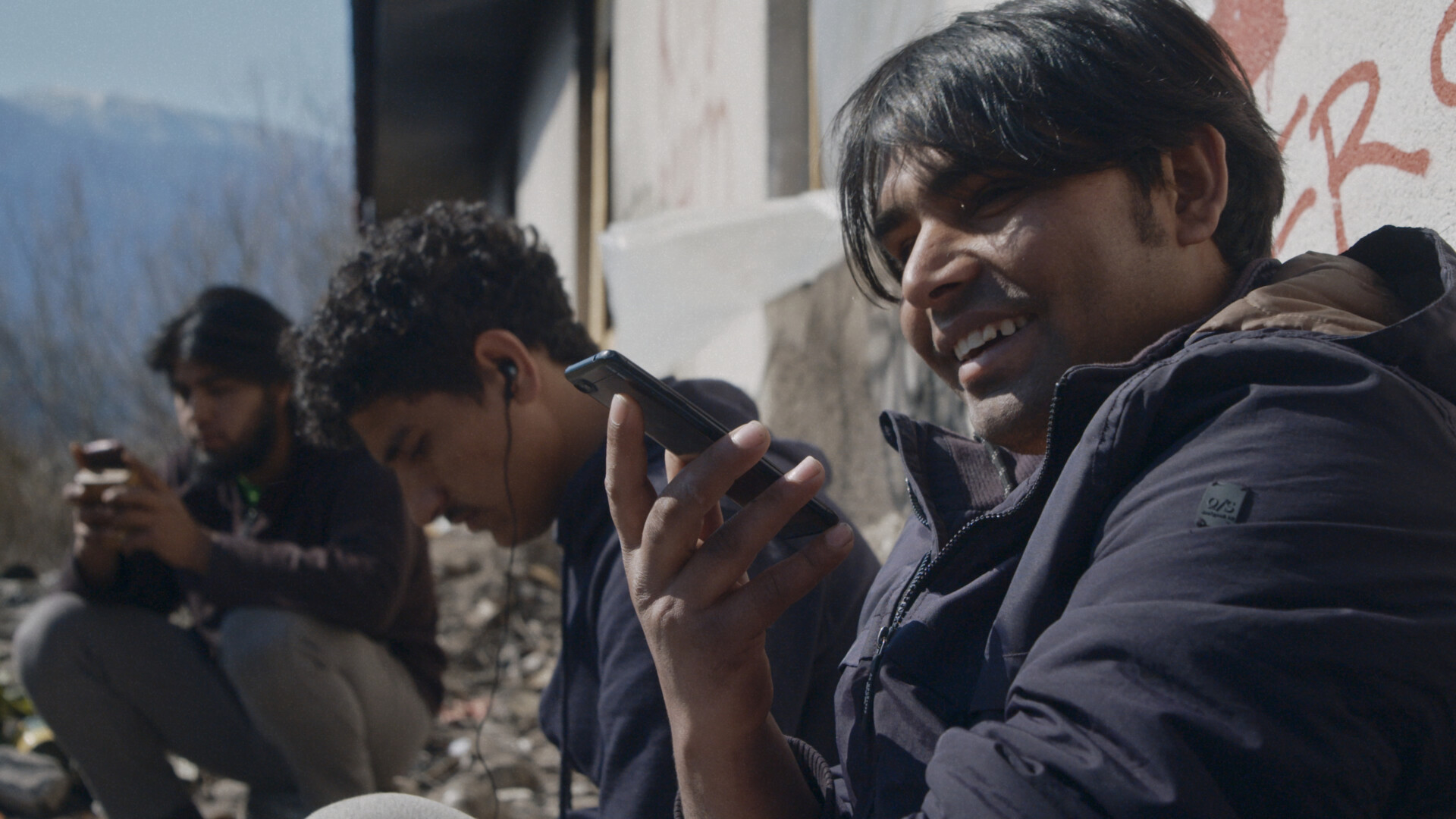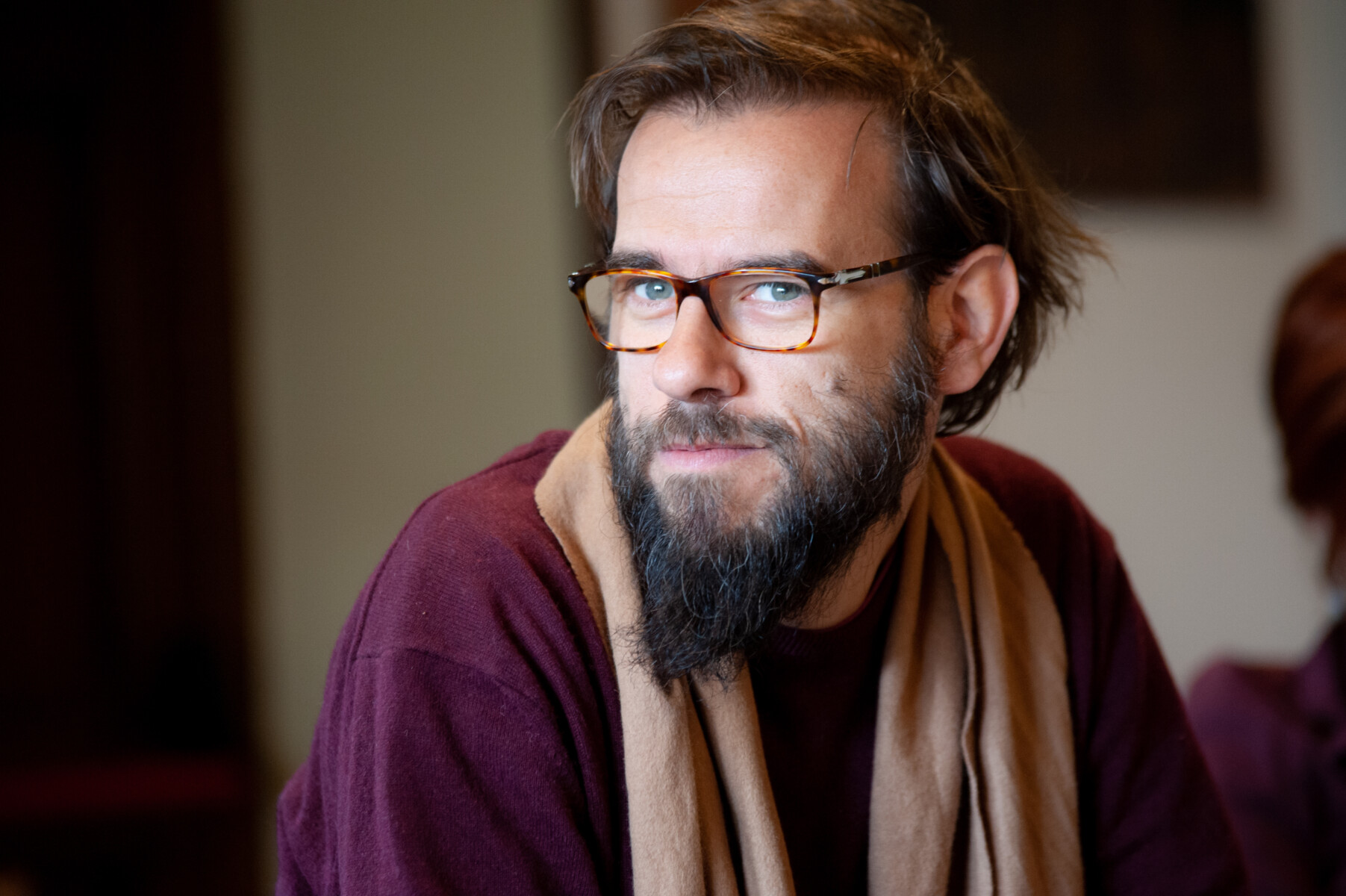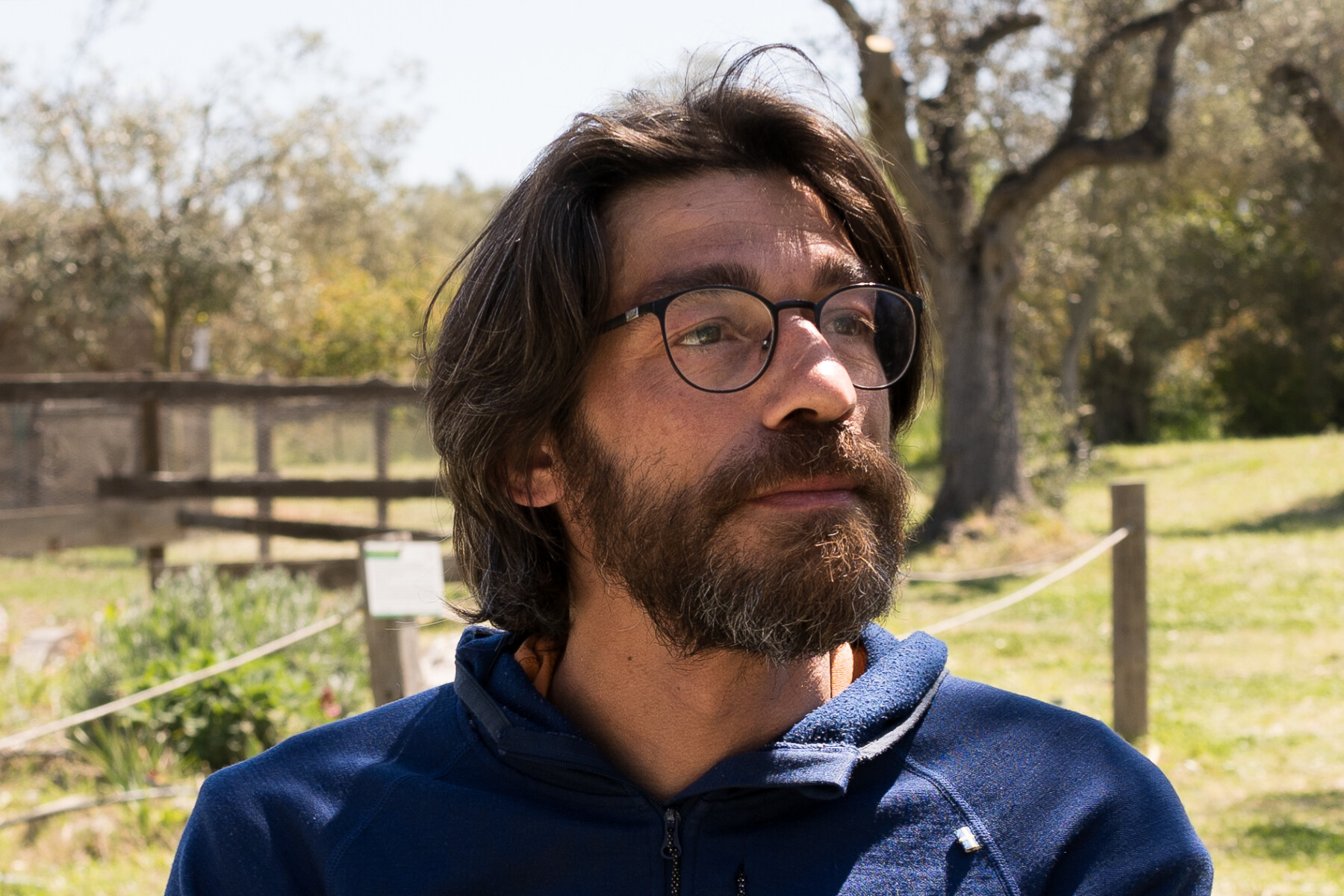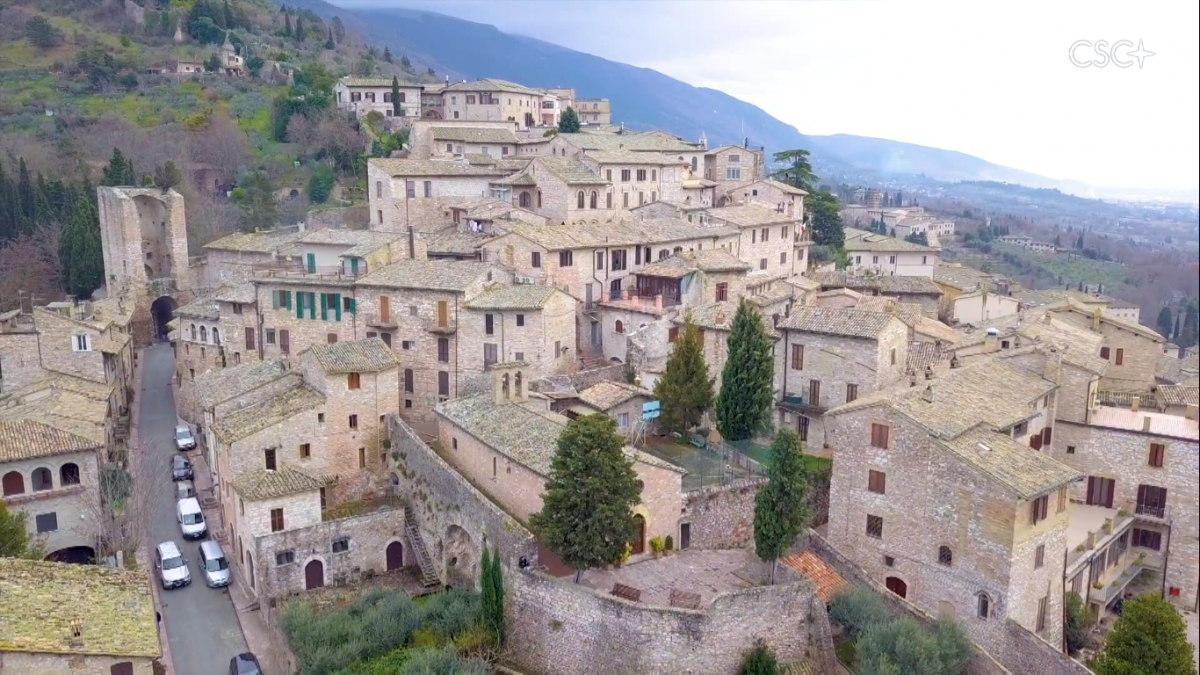
Watch
Distant lights
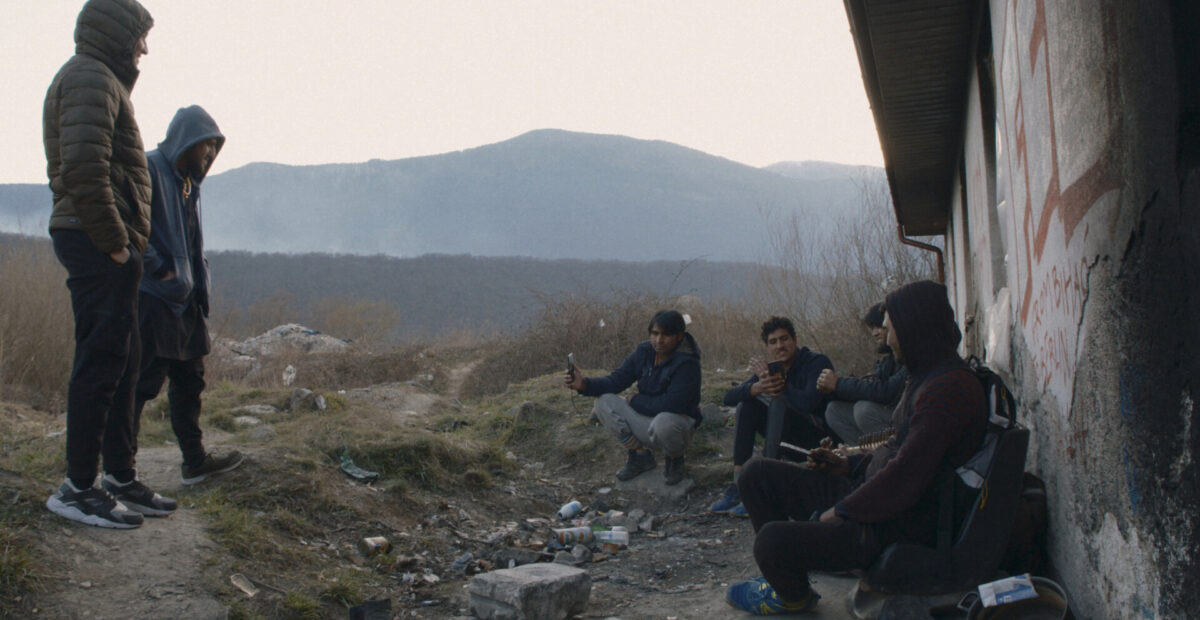
‘Trieste is Beautiful at Night’, a moving documentary portraying the hopes and dreams, hardship, exhaustion and fear of Asian migrants along the Balkan route.
In the distance, the twinkling lights of the city from which the film takes its name, stretch out below, shining brightly upon the water. Trieste at last – one of many eye witness accounts from the documentary.
Directed by Andrea Segre (renowned for his important contributions, both fiction and non-fiction, to the plight of migrants), with Stefano Collizzoli and Matteao Calore, all three are founder members of a collaboration of six filmmakers committed to the production, distribution and promotion of documentaries and projects of social and cultural comment.
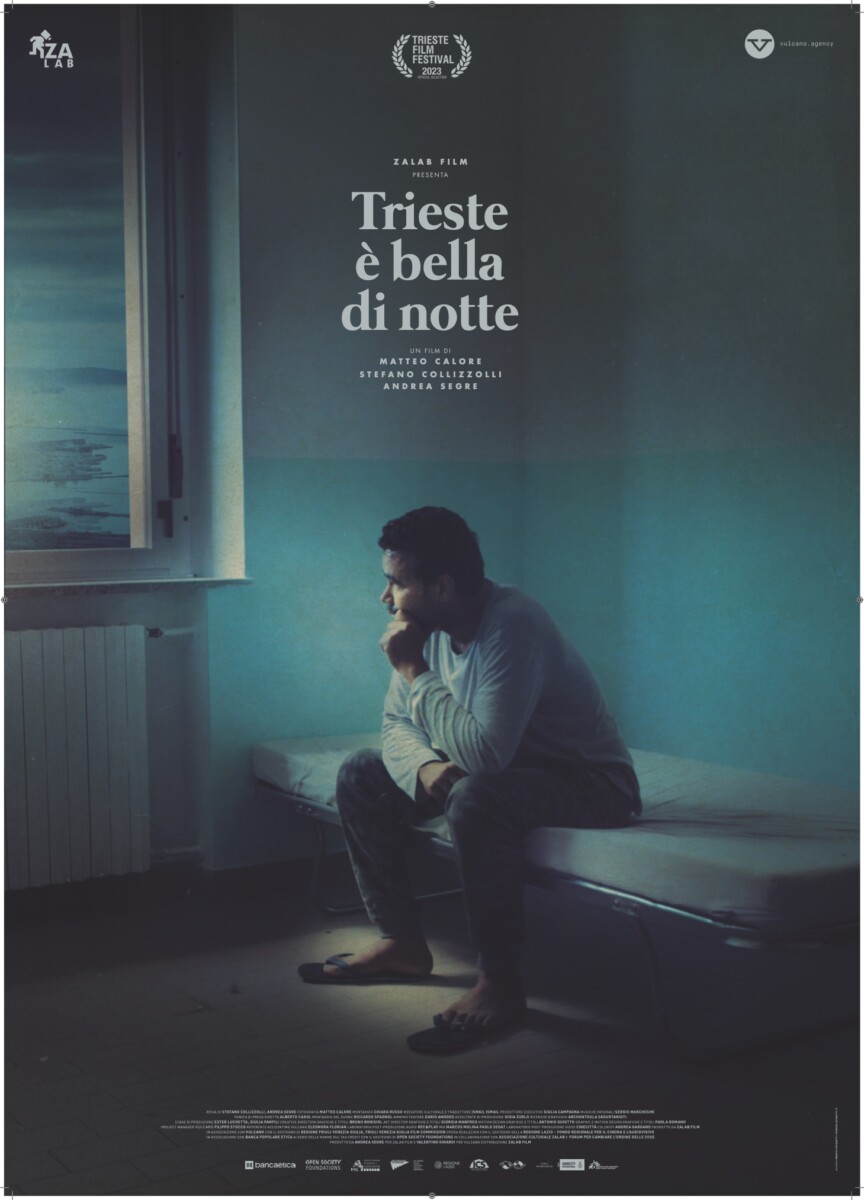
In the film, Trieste is a place of hope, a long-awaited safe haven after a dangerous and arduous journey, that so easily becomes a nightmare. A promised land, not yet reached, but dreamt of, in real life, out of the powerful truth of people whose faces bear the burden of humanity, in desperate need, who desire and feel in exactly the same way as those who, somewhere else in the world, live a more ‘comfortable’ life.
This moving and incisive documentary, screened by ZaLab Film, in Italy, from 23rd January, at the Trieste Film Festival, will be followed by a tour of the Peninsula with the script writers.
The film observes and listens, gravely and tirelessly, to the exhausted plight of Asian migrants making their way to Italy, via the Balkan route. A journey on foot, for weeks on end, crossing many territories, towards the ‘end game’; a game in which there is nothing to laugh about, filled with drama and inevitable tragedy.
It’s a term designed to provoke, macabre and cruel. Like a game of roulette, or the South Korean TV drama survival drama Squid Game, in which players risk their lives to play; only in this case, it is not fantasy, not even metaphorical. It happens in real life, with images taken on their phones, of the traumatic journey from Slovenia to Italy, playing their native music and songs as they move along; it’s easier to generate empathy through eyes and ears, than cold facts and statistics; it brings them closer. As we interview them, recording their stories for posterity, their words touch us more deeply as we hear their voices, and see their faces, fellow human beings, rejected and waiting in an abandoned building in Bihac, Bosnia, their lives suspended between fear and anticipation, as they prepare to leave.
Everything cries out the absurd price of normality and freedom, which others so easily take for granted, but which for them, even if they are able to seize it, is quickly lost again, because that frontier of Europe does not represent a safe, warm welcome; nor the hope of a future for which they have paid a high price, but brutally forces them back to where they started, through the so-called ‘informal re-admissions’ of political system incapable of responding adequately to a migration crisis on this scale, to such a vulnerable human reality.
This is the message of “Trieste is Beautiful at Night’, more than heavy snow, hardships, injuries, the loss of fellow companions, reduced to eating leaves and drinking from puddles.
These bare facts reinforce a collective story of despair and hope, endurance and delusion, adding to the deep affliction from which the whole world is suffering; their images and stories may come from less well-known places, just a few feet away, in the woods and mountains above Trieste, but they speak of the same suffering, the same inequality and disparity, the same suffering as those who make the crossing by sea. Their cries are heard in ‘Trieste is Beautiful at Night’.
